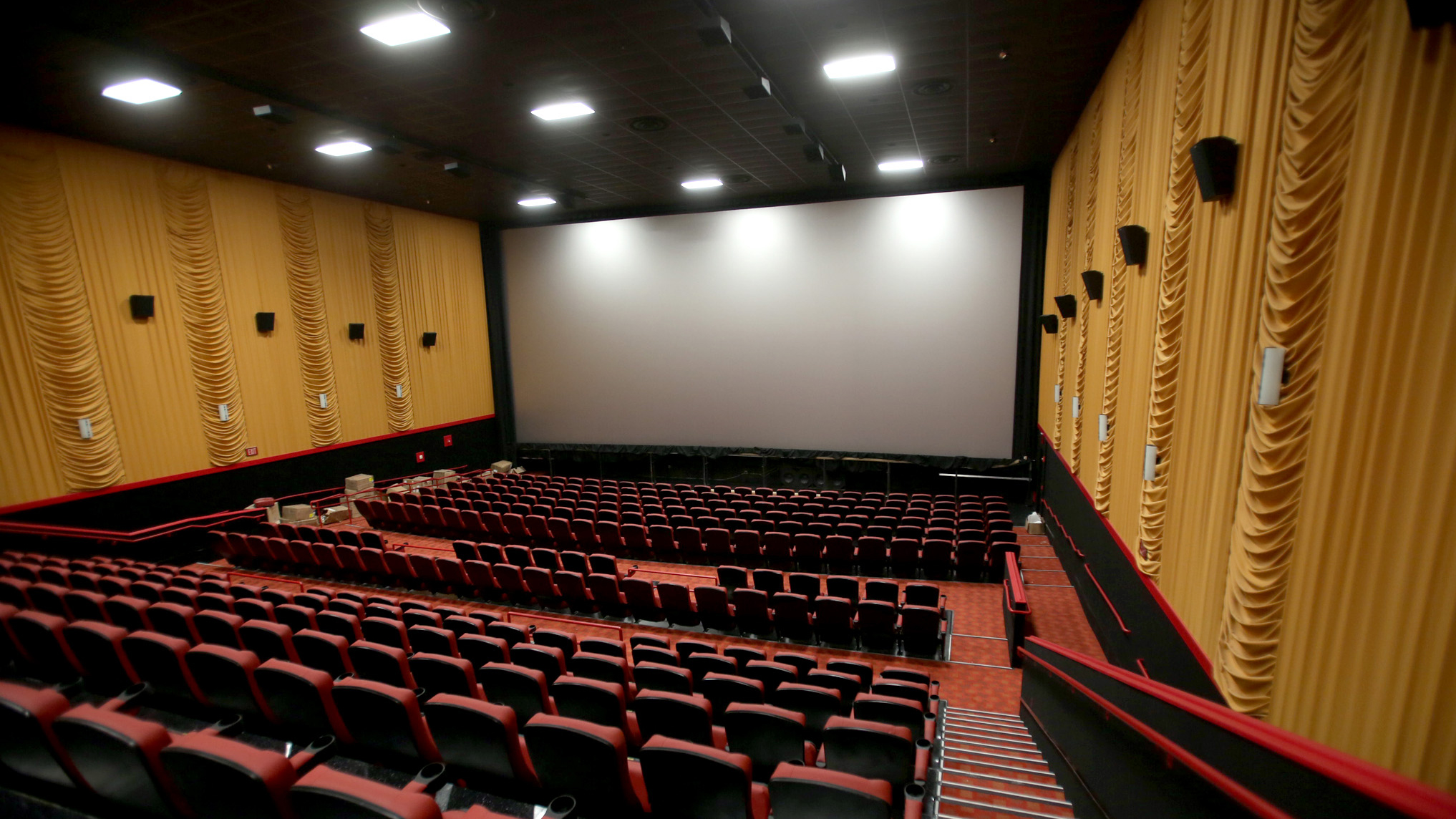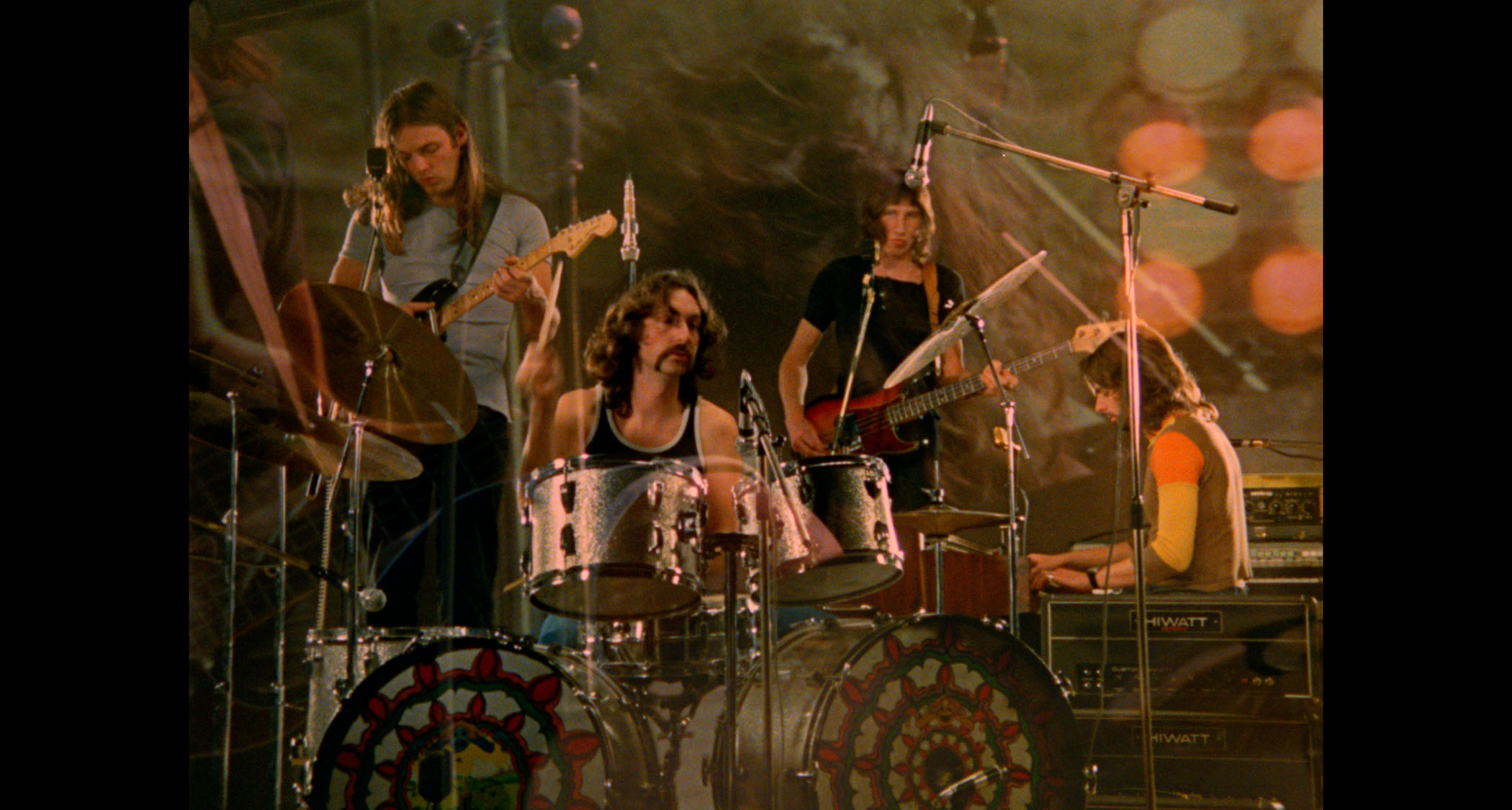Film composers behind Gravity discuss Dolby Atmos surround sound
Platform uses up to 64 speakers to enable "unprecedented control of sound placement"

Gravity's sound designer Glenn Freemantle has spoken about what it's like to work with Dolby's latest audio platform, Dolby Atmos.
Atmos is an end-to-end platform that utilises up to 64 speakers - including ceiling speakers, uniquely - to move sound around the theatre, encouraging a "life-like" audio experience. It can work with up to 64 sound sources.
For Freemantle, this made it an especially relevant tool for use in Gravity.
"It's got Dolby Atmos written all over it, you know?" he told theverge.com. "These immersive sound systems work brilliantly when you can move things through the spaces throughout the room, and you can actually hear them. When you've got masses of things going on, you lose that clarity. … And also Atmos then creates this smooth transition around [the theatre], and over the top."
Explaining the thinking behind Atmos, Dolby said: "Dolby Atmos adds the flexibility of dynamic audio objects to the traditional channel-based workflows used to create movie soundtracks.
"These audio objects allow content creators to control discrete sound elements in the theatre, no matter the speaker configuration. Objects can be static or can move, and they are controlled by metadata."
To find out more about how Atmos works, visit Dolby.
Get the MusicRadar Newsletter
Want all the hottest music and gear news, reviews, deals, features and more, direct to your inbox? Sign up here.
"Fender will not get preferential treatment": Reverb has been sold by Etsy to investors in Fender and SoundCloud - but says its partnership with the guitar manufacturer "remains unchanged"
TikTok posts using dance and electronic music outgrow indie and alternative for the first time









